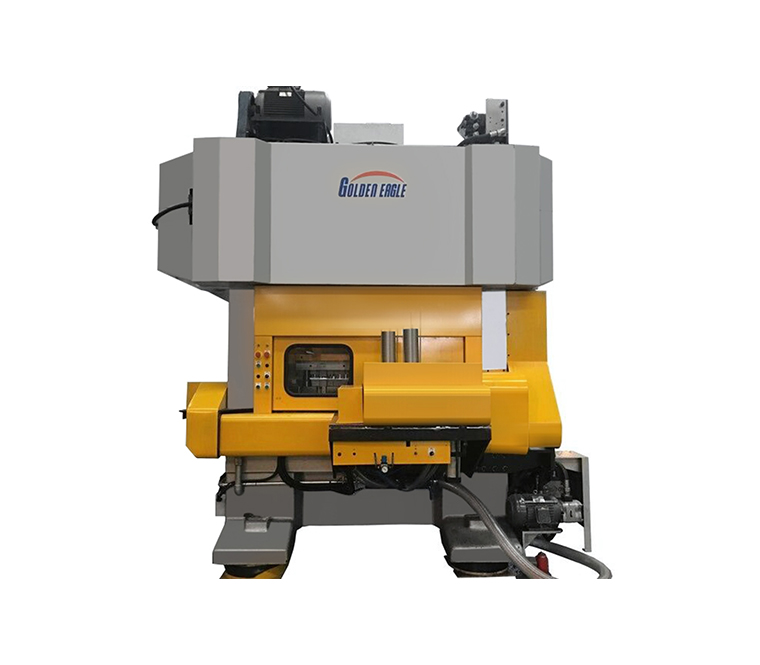A Tinplate Can Making Machine is a manufacturing line that produces tin cans of various sizes, shapes and materials. They are used to package a wide range of products including food and beverage, powders, chemicals and sprays.
There are a number of different types of cans, each with its own unique properties and advantages. Some cans are a single piece of metal, while others are constructed out of two or three pieces of metal. These cans are typically cylindrical in shape and may vary in height and diameter.
One-piece cans, the earliest of which were made of tin- , are constructed by forming a metal disc that is then drawn or ironed to form a cylindrical body with an integral end. This can is then seamed to close. These cans are usually produced in mixed specifications as they are relatively simple to change and can be manufactured with a variety of different dimensions and lengths.
These cans are mainly tin, though some may also contain steel. Some of these cans are tinplate, which has been coated with a tin alloy to add corrosion resistance. Historically, cans were a common form of packaging for preserved foods and beverages as well as other items.
Another type of can is a double-shelled can, which has two shells with a hole in each to allow the product inside to be filled. This can is often used to pack foods that may require refrigeration, such as buttermilk and cream.
There is a third type of can, which is a tin- -free can, which can be opened without the need to cut through any metal. This type of can is used for many different types of preserved foods and is also popular in the UK and in Germany.
A Can Leak Tester is an important component of any can manufacturing plant as it is designed to quickly detect whether a can has a leak in its seal. This allows the plant to make adjustments and ensure that all qualified products enter into the next process.
IPS offers a tool tracking and inventory control system that helps can plants track tools in production, which can help prevent costly delays or downtime caused by missing or misplaced tools. This system also lets plants know which tools are in use and where inventory gaps need filling.
This can be done through an IPS Acumence tool, which is a high-resolution enterprise operations tracking solution that can be customized to meet your needs. It allows you to easily identify trends in performance and make proactive adjustments, resulting in increased productivity from your can line and improved operational efficiency throughout the entire production plant.
During the production of tin cans, many steps take place to ensure that all components are of a consistent quality. These can include the coil cutting and stripping, slitting, resistance welding, can body welding, seaming, flanging, necking and beading processes. Using IPS’s Acumence and a customizable reporting dashboard, you can monitor these important steps to keep your production line running smoothly.

EOE Lid Making Machine
202#/211#/300#/307#/401#
Automatic Easy-open-End (EOE) Making Line
2000epm output speed tinplate EOE conversion line for food can making
Operation: Automatic
Can Size: 202# /211# /300# /307# /401#
Speed: 200-600epm, 2,400epm @ 4-lanes












